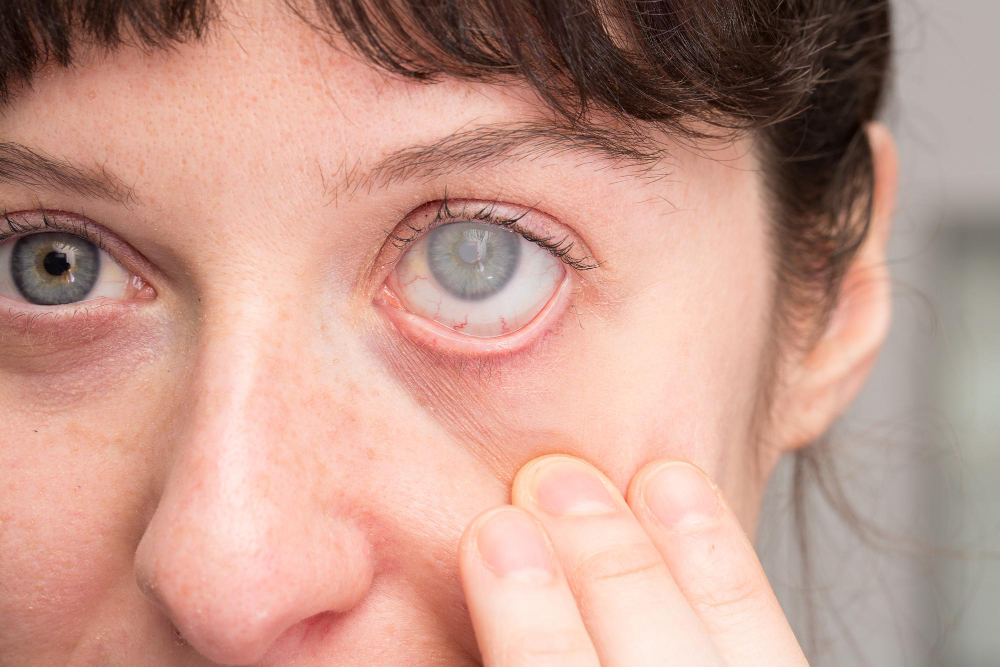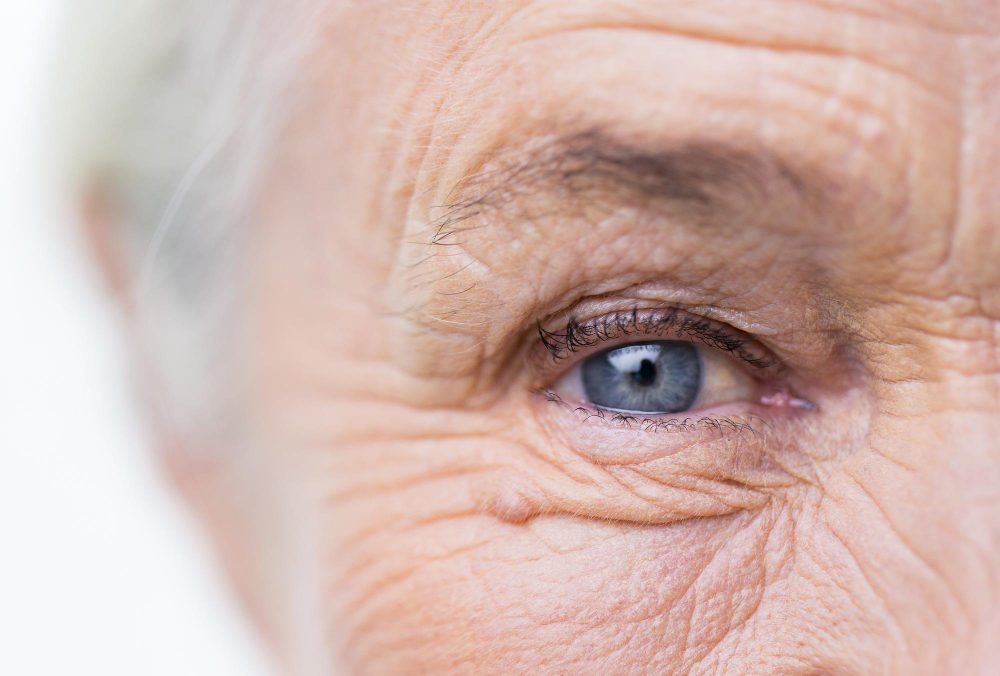Who needs cataract surgery?
If your vision has deteriorated to the extent that it is affecting your daily tasks such as reading, driving, or watching television, your optometrist will likely recommend cataract surgery.
If your vision has deteriorated to the extent that it is affecting your daily tasks such as reading, driving, or watching television, your optometrist will likely recommend cataract surgery.

retinopathy or macular degeneration. Your physician may advise you to undergo surgery regardless of the fact that your vision issues are not completely caused by cataracts. In certain instances, eliminating cataracts may be required to permit your doctor to examine the back of your eye. This will enable them to monitor and manage other eye ailments such as diabetic retinopathy or macular degeneration.Retinopathy or AMD associated with age.
It is not necessary to hurry into having a surgical procedure for cataract removal. Consult your eye specialist to understand the advantages and disadvantages of the surgery and determine whether it is suitable for you.
Remember, if you suffer from cataracts in both eyes, you will have to undergo surgery on each eye on different occasions, typically with a gap of about one month between each surgery.
What are cataracts?
When certain parts of the lens in your eye, which is a clear and small disc, become hazy, it is known as cataracts.
As children, our optical lenses are typically transparent, providing a view through them.
As we age, our eyes become cloudy and opaque similar to frosted bathroom glass, which causes a reduction in our ability to see.
The elderly are the most commonly affected by cataracts due to the process of getting older.
What to Expect with Cataract Surgery

Before surgery:
To determine the suitable focusing power for your IOL, the surgeon will measure your eye and inquire about the medications you consume. Before surgery, you may be instructed to refrain from taking certain medications.
Prior to undergoing surgical procedures related to the eyes, it might be necessary for you to be recommended the usage of medicinal eye-drops. These can prove to be effective in averting the likelihood of contamination as well as diminishing inflammation during and post-surgery.
The day of surgery:
Your eye doctor may request that you avoid consuming any solid food for a minimum of 6 hours prior to your surgical procedure.
The surgical procedure to remove cataracts can take place in either an outpatient surgical center or a hospital. The following outlines the process:
- Eye drops or an injection around the eye will be administered to numb it. Additionally, a medication may be provided to induce a state of relaxation.
- During the surgery, you will be conscious enough to observe light and motion. However, you will not perceive the actual actions performed by the surgeon on your eye.
- Whilst operating on you, your surgeon utilizes a unique microscope to make miniscule cuts close to your cornea utilizing a sharp-edged tool or laser. These cuts allow them access to your eye’s lens. With the aid of miniature tools, they will shatter and then extract the lens that has the cataract. Then they put your new lens into place.
- Typically, the surgeon would not have to use stitches to close the incisions as they are designed to seal on their own. Moreover, as you recuperate from the operation, a protective shield will be provided to cover your eye.
- Afterwards, you will be placed in a recuperation zone for around 15 to 30 minutes, following which you will be capable of leaving for home.
What happens after cataract surgery?
lifting heavy objects. Your eye doctor will also schedule follow-up appointments to monitor your progress and ensure that your eye is healing properly. They will provide you with detailed instructions and answer any questions you have about your post-surgery care. lifting heavy things.
You may experience a slight itchiness or discomfort in your eye, and it may become sensitive to light and touch. However, within a day or two, your eye should start feeling more comfortable.
In case you observe any of these issues after surgery, make prompt contact with your ophthalmologist.
- Vision loss
- Severe discomfort that persists despite taking medication.
- Very red eyes
- Floaters are visual disturbances characterized by either brief flashes of light or the presence of numerous tiny dark sports or irregular lines that appear to move through your field of vision.
After undergoing surgery, majority of individuals completely recover within eight weeks. It is necessary for your ophthalmologist to arrange follow-up appointments to monitor the progress of your eye’s healing process.

Benefits of surgery
Following the completion of the cataract operation, it is expected that you would have the ability to:
- see things in focus
- Gaze at vivid illumination without experiencing excessive brightness.
- tell the difference between colours
In case you are dealing with an eye-related issue like diabetes or glaucoma, your vision might still be restricted even if the surgery proves to be successful.
Is it possible for my vision to be restored to normal after undergoing cataract surgery?
After undergoing cataract surgery, approximately 90% of individuals notice an improvement in their vision. However, it is normal to experience temporary blurriness during the healing process of the eye.
After undergoing cataract surgery, individuals may observe that colors appear more vivid. This is due to the fact that the implanted artificial lens lacks the noticeable yellow or brown hue that the natural lens had prior to the removal of the cataract.
After your eye has fully recovered, it may be necessary to obtain a different prescription for glasses or contact lenses in order to achieve clear vision.
What is the duration of the recovery period after undergoing cataract surgery?
Days or weeks after surgery:
- After the surgery, it might be necessary for you to employ eye drops. It is vital that you adhere to the instructions provided by your doctor regarding the usage of these drops.
- Make sure to prevent soap or water from entering the eye.
- Avoid rubbing or applying pressure to your eye. Your eye doctor may recommend wearing glasses or a protective shield to safeguard your eye.
- When you are sleeping, it is necessary to put on an eye guard to protect your eyes.
- After your surgery, your eye doctor will have a conversation with you regarding how much activity you can engage in immediately. They will let you know the appropriate time for you to participate in exercises, drive, or perform other tasks without any risk.
Treatment in Türkiye:
The medical staff of surgical teams, doctors and consultants in Rehab Türk can provide the best treatment options and free consultations – by striving to keep abreast of the latest medical technologies and methods.
